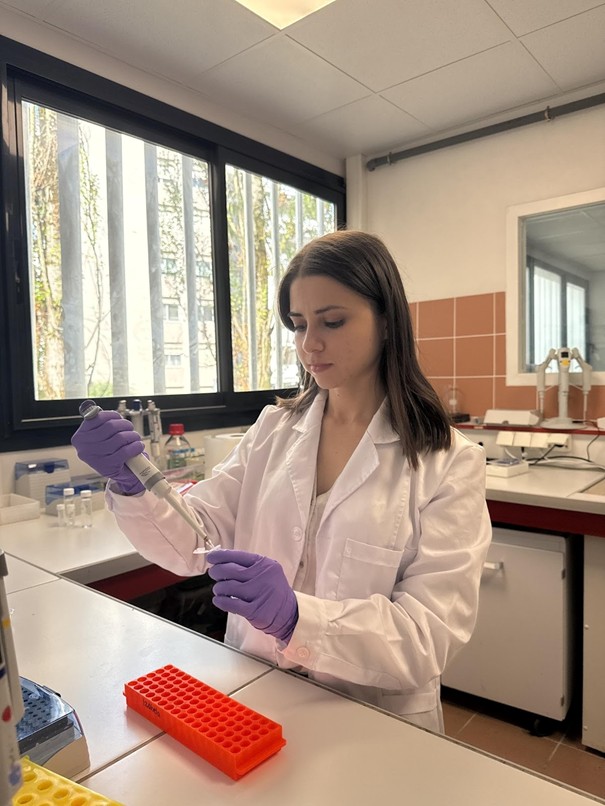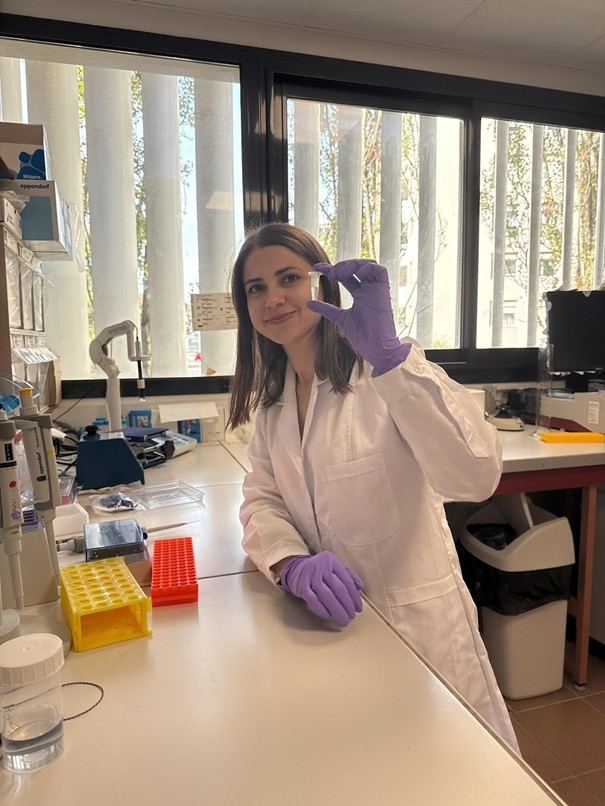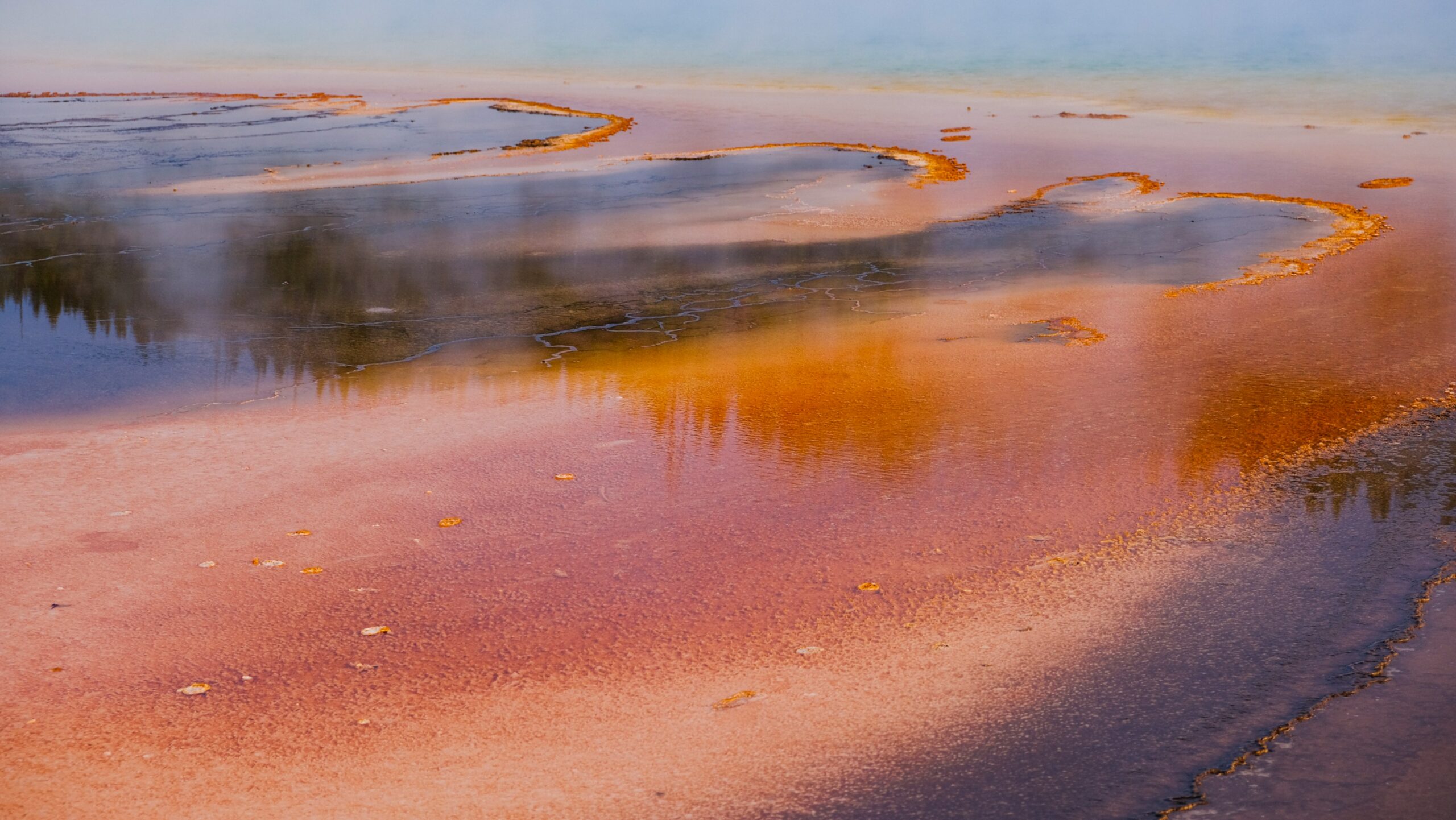By Dr. Zeina Bourhane
As a postdoctoral researcher in molecular biology at the University of Pau and Adour Countries (UPPA) in France, my work focuses on understanding the microbiome in thermal waters and the metabolites these microorganisms produce. These hidden microbial communities are not only fascinating from a scientific perspective but also hold great potential for sustainable applications, ranging from ecosystem health to local economic development.

Thermal water systems, in particular, are unique ecological resources with untapped opportunities to become drivers of sustainable growth. I have always believed that science should not remain confined to laboratories and academic publications. Instead, it should serve as a tool to empower communities, helping them manage their natural resources wisely and benefit from them responsibly.
With this vision in mind, I enrolled in the SDG Academy’s course on Nature-based Solutions for Disaster and Climate Resilience. I wanted to deepen my understanding of how ecosystems can act as allies in protecting communities while contributing to sustainable development. The course stood out because it brought together cutting-edge scientific insights with practical, real-world applications; something I strive to achieve in my own research and outreach.
The course had a profound impact on me both personally and professionally. It helped me connect my environmental research to broader frameworks of sustainability, climate resilience, and community well-being. I came to see more clearly how natural resources like thermal waters are not just scientific curiosities but vital assets that, if managed wisely, can support disaster resilience, mitigate climate impacts, and foster local economic opportunities.
On a personal level, the course reinforced my conviction that science gains its true value when it contributes to society. Professionally, it expanded my perspective beyond the microbiome itself to include the socio-ecological systems that depend on these resources. This shift has already influenced how I design research projects and engage with stakeholders.
Knowledge grows stronger when it is shared. I have been working to transfer what I learned from the SDG Academy to local communities, showing them how sustainable use of natural resources—such as thermal waters—can enhance resilience and open new economic pathways. Whether through community workshops, discussions with local authorities, or informal exchanges, I use the principles of nature-based solutions to spark conversations about balancing conservation with development.
My aim is not only to share scientific findings but also to empower communities with the tools and frameworks to make informed decisions about their resources. In this way, the insights from this SDG Academy course serve as a bridge between global sustainability goals and local action.
For me, Nature-based Solutions has been more than a course; it has been a catalyst for aligning my scientific research with the urgent need for sustainable, inclusive, and resilient development.
As a researcher working on the microbiome in thermal waters, I see firsthand how natural systems hold both ecological and economic value. Yet, this knowledge often remains locked within academic circles. By sharing my experiences, I hope to make complex scientific insights more accessible and relevant for communities, educators, and policymakers.

Dr. Zeina Bourhane is a postdoctoral researcher in molecular biology at the University of Pau and Adour Countries (UPPA), France. Her research investigates the impacts of pollutants and climate change on microbiomes across diverse ecosystems and emphasizes the potential of microorganisms in ecosystem management. More recently, she has focused on microbiomes in thermal waters and their bioactive metabolites, with applications in dermo-cosmetics. She is passionate about transferring scientific knowledge to support local companies in developing innovative and sustainable products that contribute to the revitalization of the region. Dr. Bourhane was a laureate of the UNESCO Man and the Biosphere (MAB) program in 2021, where she assessed the environmental health of a Biosphere Reserve through microbial studies. She has also contributed to various European projects and actively participates in international scientific conferences.
